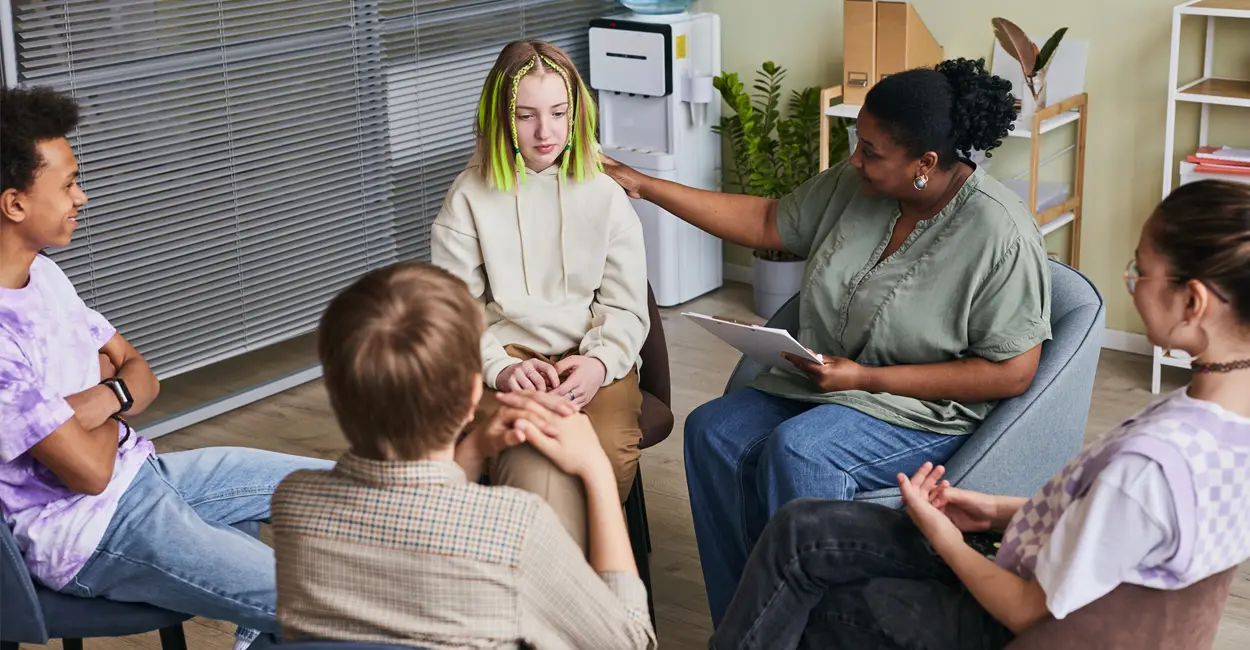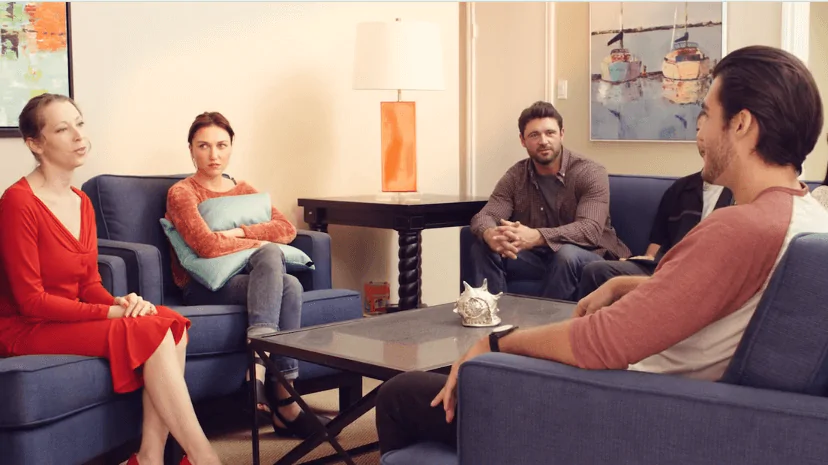24/7 Helpline:
(866) 899-221924/7 Helpline:
(866) 899-2219
Learn more about PTSD Treatment centers in Buena Vista
PTSD Treatment in Other Cities

Other Insurance Options

Excellus

Amerigroup

Optima

MHNNet Behavioral Health

American Behavioral

WellCare Health Plans

Magellan

Holman Group

Aetna

Self-pay options

Coventry Health Care

PHCS Network

Private insurance

Medical Mutual of Ohio

EmblemHealth

Cigna

Evernorth

BlueShield

Lucent

Sliding scale payment assistance

Eagles Nest Clubhouse – Rockbridge Area
Eagles Nest Clubhouse – Rockbridge Area is a public rehab located in Buena Vista, Virginia. Eagles N...

West Central Mental Health Center
West Central Mental Health Center is a private rehab located in Buena Vista, Colorado. West Central ...

























































